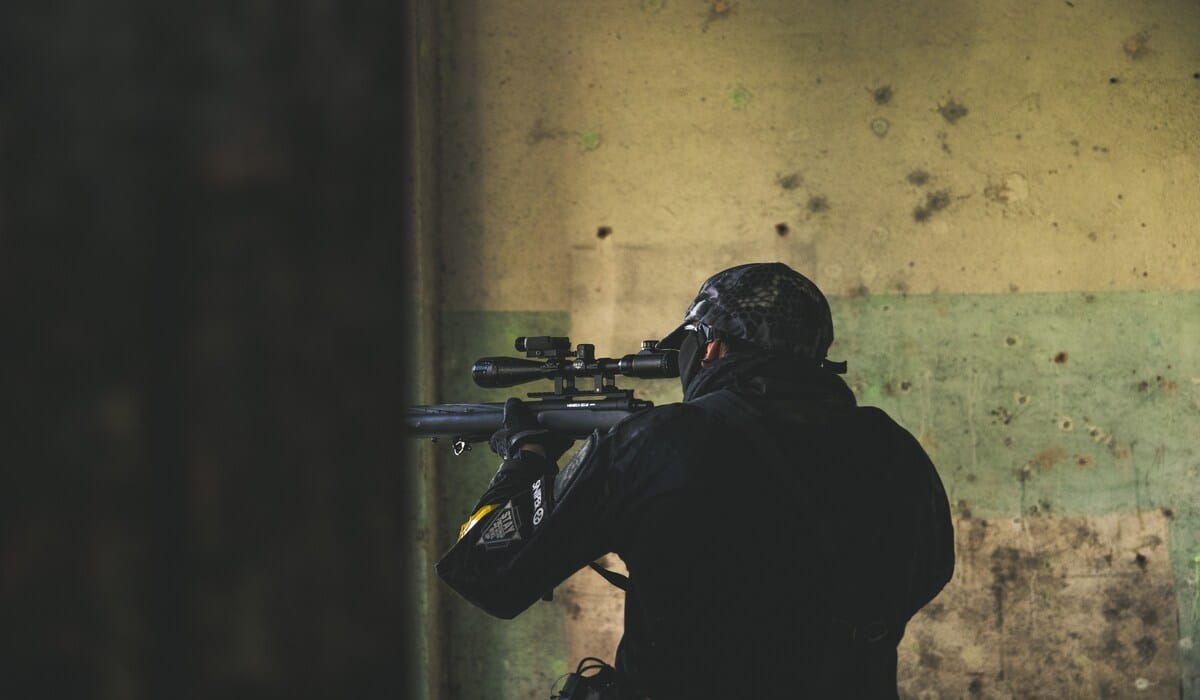Table of Contents
Since 2012, Counter-Strike: Global Offensive has been a vital part of the esports infrastructure. Recently, other first-person shooters have entered the fray, while Counter-Strike 2 will be replacing the CSGO in the Majors from 2024 onwards. What this means for the long-term prospects of Counter-Strike esports remains to be seen, but expect to see the usual teams at the heart of the action. To help us refresh ahead of an uncertain year for pro-level Counter-Strike, let’s take a look at three of the teams that have been central to CSGO’s journey.
Ninjas in Pyjamas
During the early era of CSGO, Ninjas in Pyjamas was unquestionably one of the strongest teams in the competition. The organization itself had been around since 2000, although back then they were playing a much earlier version of the game. Ninjas in Pyjamas would earn their first major tournament win at the Cyberathlete Professional League World Championships, quickly adding many more awards to their trophy cabinet in the early 2000s.
Heading into the millennium’s second decade, this Swedish squad could see that the writing was on the wall for the original version of Valve’s first-person shooter. They were one of the first major teams to declare their intention to move to Counter-Strike: Global Offensive, establishing their competitive team in 2012. Several members of the early lineup were considered some of the best in the world, with Christopher “GeT_RiGhT” Alesund often singled out as the finest CSGO player on the planet.
They dominated the Majors during 2012 and 2013, while 2014 was a particularly standout season for the Swedes. They’ve faced tougher competition in the years since, but after the recent announcement of their CS2 team, the future looks bright for Ninjas in Pyjamas.
Fnatic
Fnatic is another team that’s been around since the early days. Formed in 2004, they cut their teeth playing an earlier version of Counter-Strike but struggled to make an impression on the international circuit. This all changed in 2006, with Fnatic earning wins at several Majors.
They became even more successful after switching to Global Offensive in 2012, winning matches against heavyweights like Ninjas in Pyjamas in major tournaments. Their defining era was 2013-2015. During these glory years, Fnatic won three Major titles and secured top-three finishes at pretty much every other tournament they competed in.
Currently, they’ve only announced three names for their Counter-Strike 2 roster, but Fnatic is all but certain to retain its status as one of the best CS outfits around.
Astralis
Finally, let’s shine the spotlight on a team that often considered the best CSGO squad of all time. We’re of course talking about Astralis. Founded in 2016, they’re relative newcomers in the world of CSGO. Nonetheless, this Danish team quickly established themselves as all-time greats, soaring to the top of the upper tiers soon after their debut.
What’s the secret behind Astralis and their rapid ascent? Their initial lineup was a strong one, with an enviable roster where everyone brought something valuable to the table. Although the roster would remain largely unchanged for several years, a 2017 addition in the form of Emil ‘Magisk’ would create a legendary lineup that’s never been topped. In 2018, they were unstoppable, winning just about every tournament they entered.
While their dominance started to wane in 2019, that was the year that Astralis earned their fourth win at a Majors tournament, breaking a record previously set by Fnatic. With a fearsome-looking CS2 lineup, 2024 could very well be the start of an Astralis renaissance. Want to see how they’re doing? Get the latest CSGO stats here.
Which Teams Will Emerge in the CS2 2 Era?
In August 2023, mere weeks before the release of the game, Valve released a statement that outlined a ban on franchised tournaments. While the move will prevent some teams from effectively buying their way into a tournament, the rules would have blocked previous tournaments like the ESL Pro League and BLAST Pro Series.
All the usual big hitters have already announced their Counter-Strike 2 lineups, even if some of those are currently incomplete. While Valve’s long-awaited sequel doesn’t exactly reinvent the wheel, it’s yet to be seen whether any of those under-the-hood changes will mean the usual favorites face a tougher time at taking home the top prize in future tournaments.
Photo by: Unsplash


